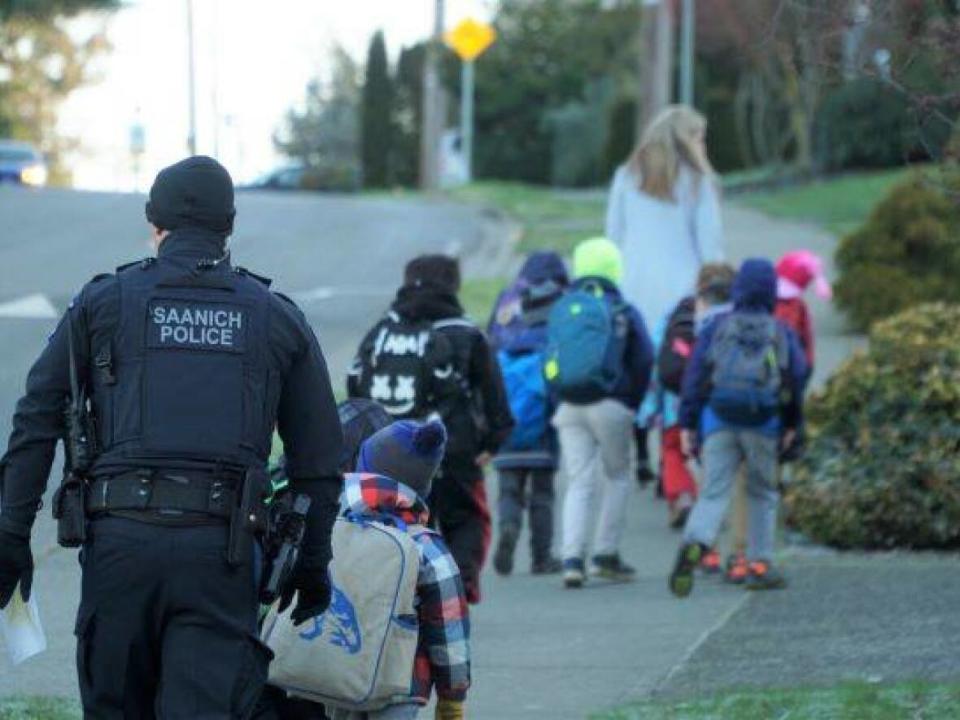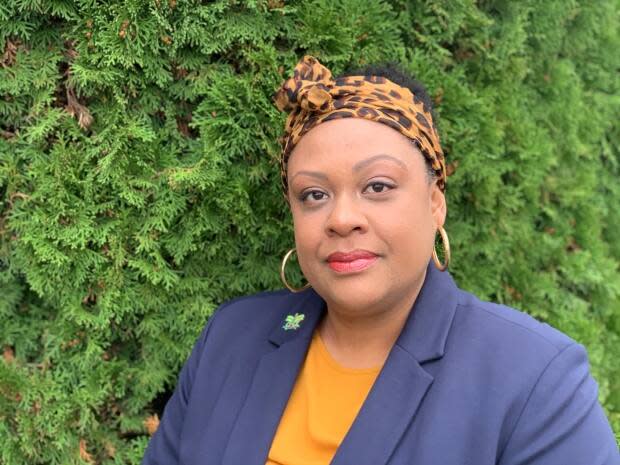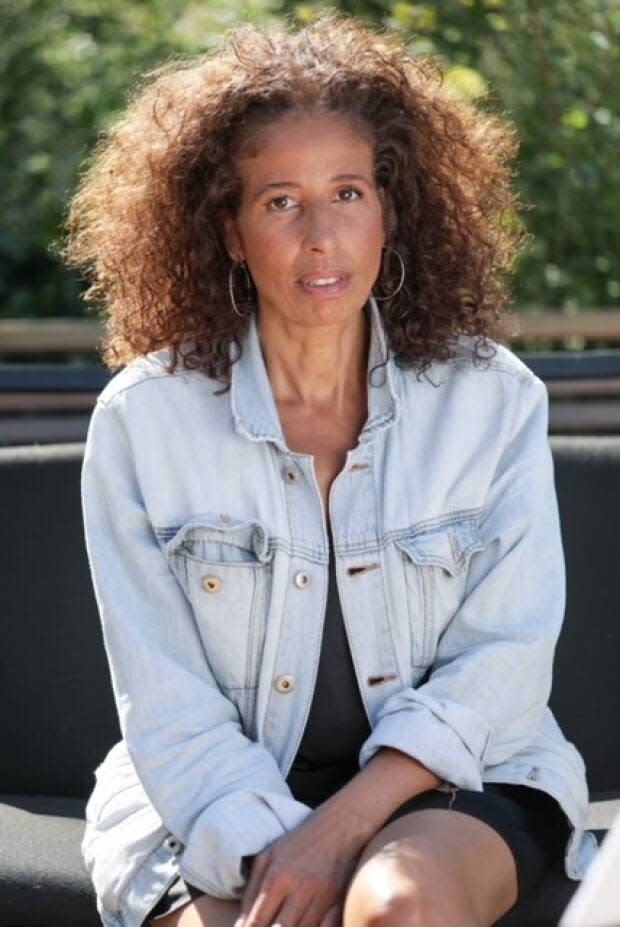Should schools have police liaisons? Victoria School Board seeks public input through online survey

Depending on who you ask, police liaisons make students feel more or less safe in schools. It's a question the Greater Victoria School District (SD61) is currently grappling with.
School police liaisons are officers that spend time in schools, making safety presentations and assisting in any way the school asks.
But in June 2020, after the death of George Floyd at the hands of a Minneapolis police officer, a school trustee in Victoria, B.C., put forward a motion to suspend the program in his district.
He was outvoted, but the board did agree to review the program — to see if there are improvements to be made, or if the program should be scrapped entirely.
After hearing presentations and receiving feedback from students, educators, parents and the community at large, the committee is asking the public to weigh in through an online survey.

The survey asks whether respondents are aware of the program and the roles the liaison officers play; whether they've had interactions with liaison officers; how comfortable they are having police in schools; and whether they'd like to see the program continue, among other things.
Nicole Duncan, the school board trustee who chairs the committee, says once the results are in they will review the responses, and then take them into consideration with all the other feedback before coming up with recommendations for the board to consider in the spring of 2022.
But Dominique Jacobs of the Support Network for Indigenous Women and Women of Color says it should not have gotten this far. Jacobs has been advocating for an end to the program since the motion to suspend it was introduced last year.
"We've told SD61 over, and over, and over, that BIPOC families do not want police liaison officers in the schools. So it seems a little bit redundant, and also insulting, when you are constantly feeling like you're being dismissed."

Jacobs says police in schools are triggering for students of colour, and do not make them—or their parents—feel safe.
While she understands that one goal of school liaison programs is to build better relationships between police and young people of all backgrounds, she doesn't think that can happen yet.
"In an idealistic world, where we didn't have racism, that could be something that could be achieved. However, we do have racism, and we live in a world where racism is rife," she said.
Until that changes, Jacobs doesn't want to see police officers in schools. She says other people, including teachers and social workers, can fill the role the officers do.
Duncan, the committee chair, says it took time to convene the group, and that it must hear all concerns and perspectives but that "certainly, those concerns [like Jacobs's] that were presented to the board last year ... will certainly be front and centre to any of the board's deliberations."

Mia Golden, a counsellor, says she sees in her work how valuable liaison officers can be.
Golden works with schools and police on initiatives to prevent child exploitation.
She says she's seen the positive relationships liaison officers can build with students, and that those relationships can pay off in tough situations — for example, if a student has to report a sexual assault.
"If they have to provide a statement to a complete stranger, that only compounds that distress and that traumatic event," she said.
Instead, liaison officers can provide comfort to students, she says.
All three women are urging community members to fill out the survey, which closes on Tuesday, Oct. 26 at 4 p.m. PT.

 Yahoo Movies
Yahoo Movies 